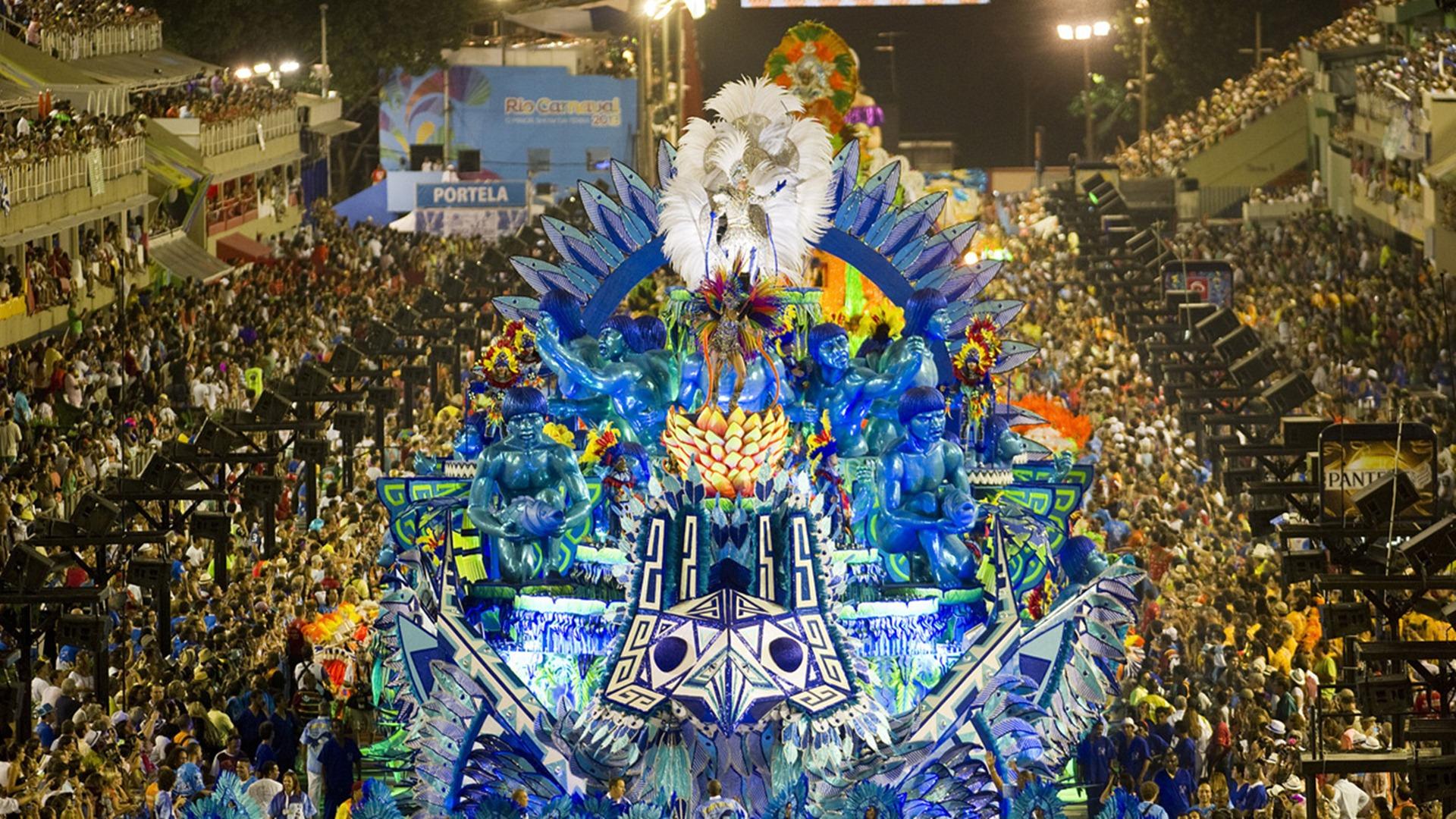- Your cart is empty
- Continue Shopping

Carnival beyond Revelry: social and community projects
Known for its lively festivities, samba school parades, street blocks and extravagant costumes, the Carnival goes beyond simple celebration and fun.
In recent years, there has been a significant increase in the integration of social and community projects during this period, highlighting the party's ability to promote positive actions and impact society in a constructive way.

1 – Social Inclusion and Job Opportunities
Carnival provides a unique opportunity for social inclusion, especially through samba school parades. Many of these schools develop social projects that aim to include people from different socioeconomic backgrounds, promoting equality and diversity. Furthermore, the production and organization of parades generates temporary jobs, benefiting local communities and providing a significant economic injection.
2 – Education and Popular Culture
Social projects linked to Carnival often have an educational focus, promoting the preservation of Brazilian popular culture. Samba schools and community organizations develop activities that involve children and young people, transmitting knowledge about the history of Carnival, cultural traditions and the meaning behind the festivities. This approach contributes to the cultural formation of participants and strengthens local identity.
3 – Sustainability and Environment
The massive size of Carnival often results in major environmental challenges. However, social projects have stood out in promoting sustainability during the festival. Initiatives such as selective waste collection, reducing the use of single-use plastics and environmental awareness are increasingly common. Carnival thus becomes an opportunity to disseminate sustainable practices and educate the population about the importance of environmental preservation.
4 – Health and Wellbeing
The festive atmosphere of Carnival is often associated with excessive alcohol consumption and risky behavior. Social projects aimed at health and well-being have emerged as a response to these challenges. The distribution of condoms, awareness campaigns about sexually transmitted diseases and the promotion of healthy habits are examples of actions that aim to protect the population during the festivities.
5 – Combating Violence and Promoting Peace
The increase in crowds of people during Carnival can intensify challenges related to security and violence. Social projects have dedicated themselves to combating these issues, promoting peace and public security. Initiatives that involve the community in organizing street blocks, the presence of medical and police assistance stations and campaigns against sexual harassment are fundamental to creating a safe and welcoming festive environment.
Carnival, in addition to being a unique cultural celebration, has proven to be a valuable opportunity for the implementation of social and community projects. The ability to mobilize resources, promote social inclusion, educate about Brazilian culture and address health and safety issues makes Carnival not just a party, but a powerful instrument to promote well-being and social cohesion. As these initiatives expand, it is possible to envision a future in which Carnival is even more recognized as a positive catalyst for social transformation.

